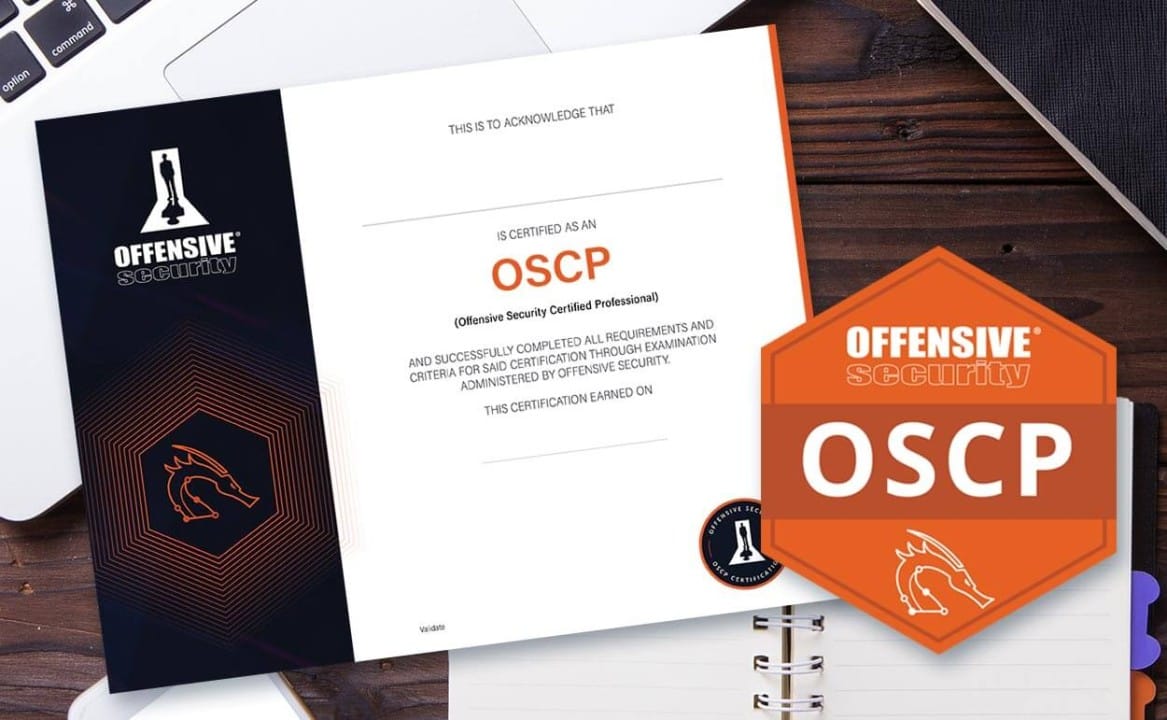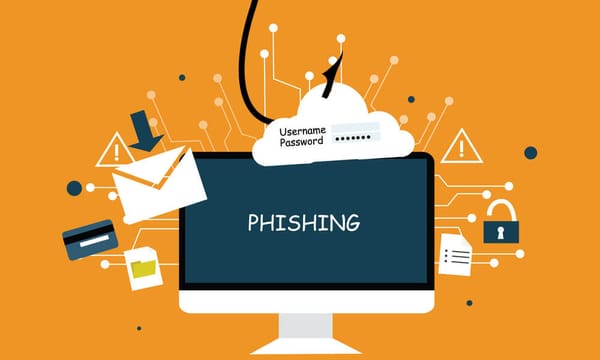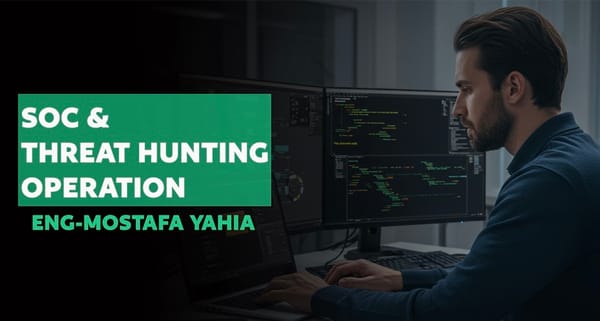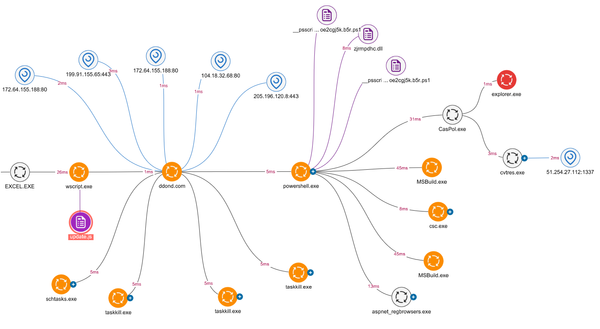Top Pentester Certifications for Cybersecurity Excellence

Introduction
As the cybersecurity landscape continues to evolve, the demand for highly skilled penetration testers, or pentesters, is skyrocketing. These professionals simulate cyberattacks to identify vulnerabilities in a system, network, or application before malicious hackers can exploit them. However, having the right certifications can make all the difference in your pentesting career. In this article, we'll provide an in-depth overview of the best pentesting certifications, ensuring that you adhere to SEO best practices. You can find more about the top offensive security certifications in PwnVector's article.
Technical Background
Pentesting is a critical component of cybersecurity. To become a competent pentester, one must possess a comprehensive understanding of different systems, programming languages, hacking techniques, and, importantly, the mindset of a hacker. But, to prove your skills to prospective employers, pentesting certifications are often essential.
Historically, certification programs like Certified Ethical Hacker (CEH) and Offensive Security Certified Professional (OSCP) have been popular choices among aspiring pentesters. However, as the field of cybersecurity has evolved, more specialized certifications have emerged, offering advanced training in areas such as wireless security, web application security, and advanced infrastructure hacking.
When choosing a certification, it's important to consider the technical skills it covers, its recognition in the industry, and the practical experience it provides. For more in-depth insights on advanced red team techniques, you can refer to this PwnVector article. You can also learn about cybersecurity best practices from the CISA website.
Practical Implementation
Let's walk through the process of becoming a certified pentester. The first step is gaining a good understanding of IT fundamentals, including operating systems, networking, and basic scripting. From there, it's wise to start with a beginner-level certification, such as the CompTIA Security+ or the CEH.
Once you have the basics down, you can move on to more advanced certifications. The OSCP is an excellent option here. It's a hands-on certification that requires you to successfully hack and penetrate various simulated systems.
Another notable certification is the GIAC Penetration Tester (GPEN) certification, which focuses on the practical ability to conduct a penetration test.
For those interested in specializing, the Certified Wireless Security Professional (CWSP) and the Web Application Penetration Tester (WAPT) are excellent choices. They provide deep dives into the intricacies of wireless and web application security respectively.
A detailed example of practical implementation of pentesting skills can be seen in this step-by-step guide on Penetration Testing of REST APIs with Burp Suite. Moreover, you can read about real-life pentesting scenarios on the HackerOne Blog.
Remember, getting certified is just the beginning. Pentesting is a rapidly evolving field, and continuous learning is the key to staying ahead. In the following sections, we will discuss the security implications of pentesting, methods of detection and prevention, and some advanced topics in the field.
Security Implications
When discussing the best certifications for penetration testers, it's crucial to understand the security implications inherent in the field. Penetration testing itself is a simulated attack on a network or system designed to reveal vulnerabilities that could be exploited by malicious actors.
Attack Vectors
Given the nature of their work, penetration testers are intimately familiar with various attack vectors. The Certified Ethical Hacker (CEH) certification, for example, offers comprehensive knowledge on different types of attacks, like SQL Injection, Cross-Site Scripting (XSS), and Distributed Denial-of-Service (DDoS). It also covers current threat landscapes, as detailed in our Advanced Threat Hunting Techniques article.
Exploitation Techniques
Another critical aspect of penetration testing is understanding common exploitation techniques. The Offensive Security Certified Professional (OSCP) certification equips pentesters with practical knowledge to exploit vulnerabilities in a controlled environment. For instance, this could involve buffer overflows, privilege escalation, or client-side attacks.
Real-world Case Studies
Let's consider an example from the Dark Reading website, where a professional pentester was employed to test a firm's cybersecurity measures. The pentester used a combination of social engineering and technical exploits, ultimately gaining administrative access to the company's internal systems.
Detection and Prevention
Preventing and detecting attacks often require a deep understanding of the threat landscape, robust defensive strategies, and the right tools.
Detecting Attacks
Effective detection mechanisms are vital in responding to threats. Tools like IDS/IPS, SIEM, and threat intelligence platforms can help identify anomalous behaviors and potential breaches. For instance, the advanced use of these tools is covered in the Cyber Defense Practitioner (GICSP) certification.
Defensive Strategies
Best practices for defense include regular system updates, rigorous patch management, least privilege policy, and multi-factor authentication. The Certified Information Systems Security Professional (CISSP) certification provides a broad understanding of these strategies and more, as we detail in our Application Security for E-Banking, Mobile Banking, Wallets, and Mobile Payments article.
Tools for Security Professionals
A range of tools are available to security professionals, from network scanners like Nmap to vulnerability assessment tools like Nessus or OpenVAS. The Penetration Testing with Kali Linux (PWK) course, a prerequisite for OSCP, provides hands-on experience with these tools.
Advanced Topics
Cybersecurity is a rapidly evolving field. As a result, advanced topics like Artificial Intelligence (AI) in cybersecurity, quantum computing, and 5G security are becoming increasingly important.
Cutting-edge Research
The SANS Internet Storm Center regularly publishes research on these and other advanced topics. They provide valuable insights into emerging threats and the latest cybersecurity technologies.
Future Developments
Looking ahead, we can expect an increasing demand for certifications that cover cloud security, IoT security, and AI security. As cybersecurity threats continue to evolve, so too must the skills and knowledge of cybersecurity professionals.
Conclusion
The field of cybersecurity is vast, and the role of a penetration tester is critical in identifying vulnerabilities within a system or network. The right certifications can provide a solid foundation of knowledge, but they are just the start. Continual learning and staying abreast of the latest threats, technologies, and defensive strategies is essential.
To dive deeper into this vast field, check our guide on Advanced Red Team Techniques. Embrace the challenges of this dynamic field, and remember, in the world of cybersecurity, knowledge is the most potent weapon




